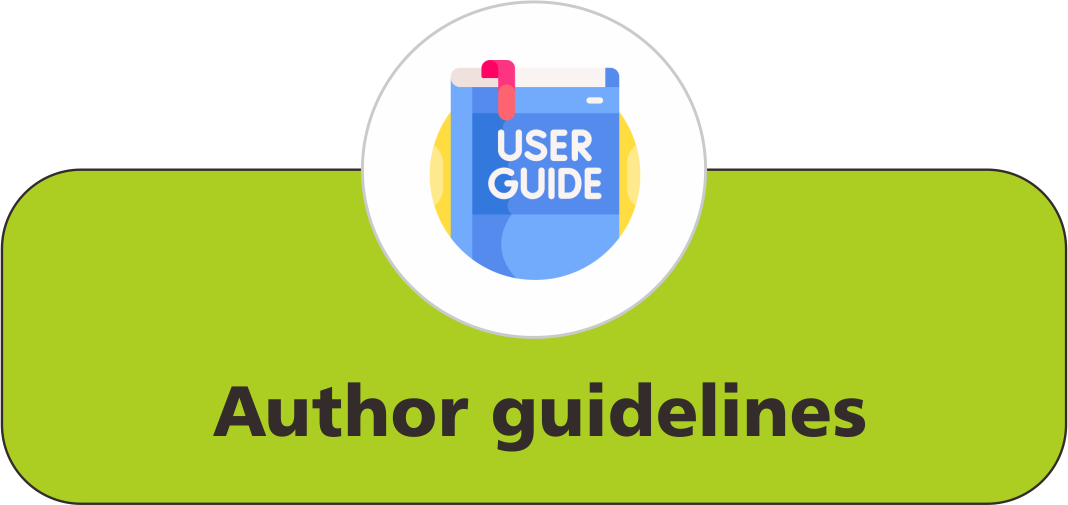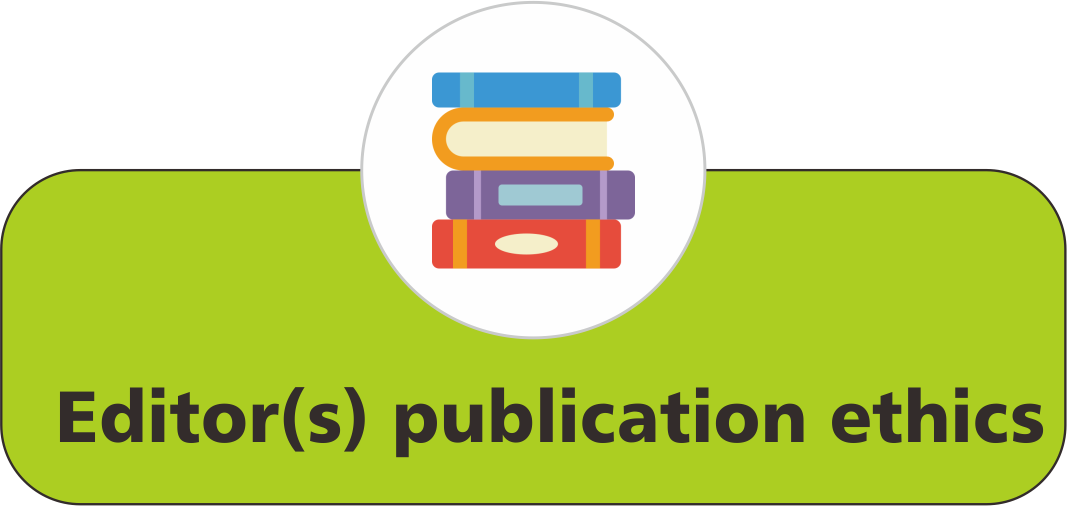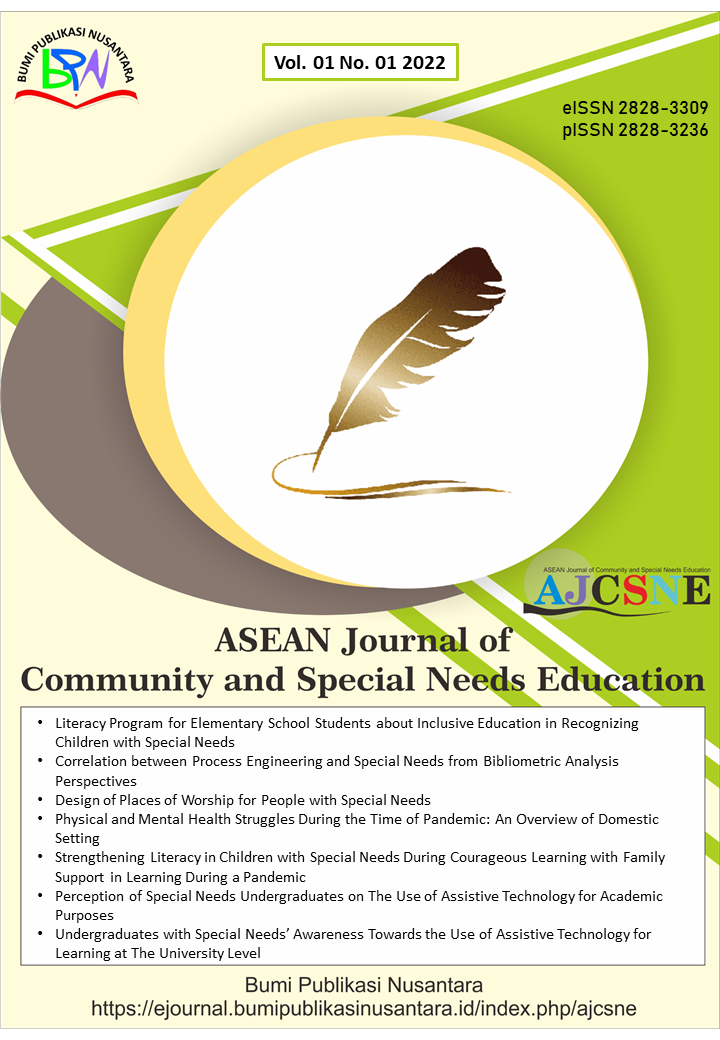Challenges of Studying Language Loss in Marginalized Communities: Methodological Reflections from Bangladesh
 ),
),
(1) Nizam Uddin Ahmed Model College
 Corresponding Author
Corresponding Author
Abstract
This study examines the methodological challenges of researching language loss in marginalized communities in Bangladesh, particularly among indigenous populations in Sherpur Sadar Upazila. Using a mixed-methods approach, the study engaged 197 participants through surveys, interviews, and focus group discussions. The research revealed barriers such as translation inconsistencies, gendered participation gaps, a lack of inclusive tools for individuals with disabilities, and ethical complexities in obtaining informed consent. These challenges are significant because they reflect broader patterns of exclusion in both academic research and language policy. Findings highlight the need for more inclusive, adaptive, and ethically grounded methods to ensure equitable representation in linguistic research. The study contributes to SDG 4 (Quality Education) and SDG 10 (Reduced Inequalities) by advocating for accessible, culturally sensitive research practices. It also holds educational relevance by informing inclusive methodologies and curricula in language studies, sociolinguistics, and special education research.
Keywords
References
Akuffo, A. G. (2024). Gatekeeping girls’ access to education: An exploration of matrilineal relationships, gatekeepers, and contentions at the micro-household level. SN Social Sciences, 4(7), 121.
Awal, A. (2019). Indigenous languages in Bangladesh: A sociolinguistic study. International Journal of Applied Research, 5(9), 318–325.
Bhuiyan, A. A. M. (2016). Indigenous languages in Bangladesh: Loopholes behind the scene. Indigenous Policy Journal, 27(3), 1–17.
Chakma, U., and Sultana, S. (2024). Colonial governmentality and Bangladeshis in the Anthropocene: Loss of language, land, knowledge, and identity of the Chakma in the ecology of the Chittagong Hill Tracts in Bangladesh. Ethnicities, 24(4), 560–580.
Correa, T., and Pavez, I. (2016). Digital inclusion in rural areas: A qualitative exploration of challenges faced by people from isolated communities. Journal of Computer-Mediated Communication, 21(3), 247–263.
Garcia, S. B., and Ortiz, A. A. (2013). Intersectionality as a framework for transformative research in special education. Multiple Voices for Ethnically Diverse Exceptional Learners, 13(2), 32–47.
Ghahramani, L., McArdle, K., and Fatorić, S. (2020). Minority community resilience and cultural heritage preservation: A case study of the Gullah Geechee community. Sustainability, 12(6), 2266.
Haque, M. S., Al Mamun, S. A., and Anis, M. A. R. (2018). The present situation of minority languages in Bangladesh: A new hope. Journal of Science and Technology, 8(1), 137–142.
Hasan, N., Bao, Y., and Miah, S. J. (2022). Exploring the impact of ICT usage among indigenous people and their quality of life: Operationalizing Sen’s capability approach. Information Technology for Development, 28(2), 230–250.
Hehir, T. (2002). Eliminating ableism in education. Harvard Educational Review, 72(1), 1–33.
Jacobs‐Huey, L. (2002). The natives are gazing and talking back: Reviewing the problematics of positionality, voice, and accountability among "native" anthropologists. American Anthropologist, 104(3), 791–804.
Karmaker, R. (2023a). Women victimizing of violence, losing freedom: A focus on Sherpur. International Journal of Scientific Research in Multidisciplinary Studies, 9(2), 34–42.
Karmaker, R. (2023b). Psychological issues in Bangladeshi children for COVID-19: Losing interest in education. Indonesian Journal of Community and Special Needs Education, 3(2), 103–112.
Karmaker, R. (2005a). Language, culture and indigenous identity: A Bangladesh perspective. Journal of Indigenous Studies, 9(1), 21–36.
Karmaker, R. (2025b). Community and policy approaches for revitalizing endangered ethnic languages in Bangladesh. ASEAN Journal of Community Service and Education, 4(2), 71–76.
Karmaker, R. (2025c). Community service as a strategy for indigenous language revitalization in Bangladesh. ASEAN Journal of Community Service and Education, 4(1), 1–8.
Karmaker, R. (2025d). Educational and institutional barriers to indigenous language preservation in Bangladesh: Challenges and policy implications. Indonesian Journal of Multidisciplinary Research, 5(1), 29–40.
Karmaker, R., and Lemon, M. H. A. (2024). Female students, dropping out of education. Indonesian Journal of Multidisciplinary Research, 4(1), 77–88.
Mokikwa, H., and Mokhele-Ramulumo, M. (2024). Navigating language diversity in multilingual STEM classrooms: Strategies for inclusive education. International Education Trend Issues, 2(2), 92–106.
Rahman, S. A. (2023). Extinction of indigenous language in Bangladesh. International Journal of Research and Innovation in Social Science, 7(4), 347–355.
Reza, F., and Ullah, M. (2023). Preserving and promoting indigenous languages of ethnic minorities in Bangladesh: A strategic planning framework. Prithvi Academic Journal, 6, 120–135.
Sadi, A. (2021). Disability and research ethics in South Asia. Journal of Inclusive Policy and Practice, 14(1), 50–66.
Sultana, S. (2023). Indigenous ethnic languages in Bangladesh: Paradoxes of the multilingual ecology. Ethnicities, 23(5), 680–705.
Article Metrics
Abstract View : 384 times
: 384 times Download : 270 times
Download : 270 times
Refbacks
- There are currently no refbacks.
Copyright (c) 2025 Bumi Publikasi Nusantara

This work is licensed under a Creative Commons Attribution-ShareAlike 4.0 International License.







